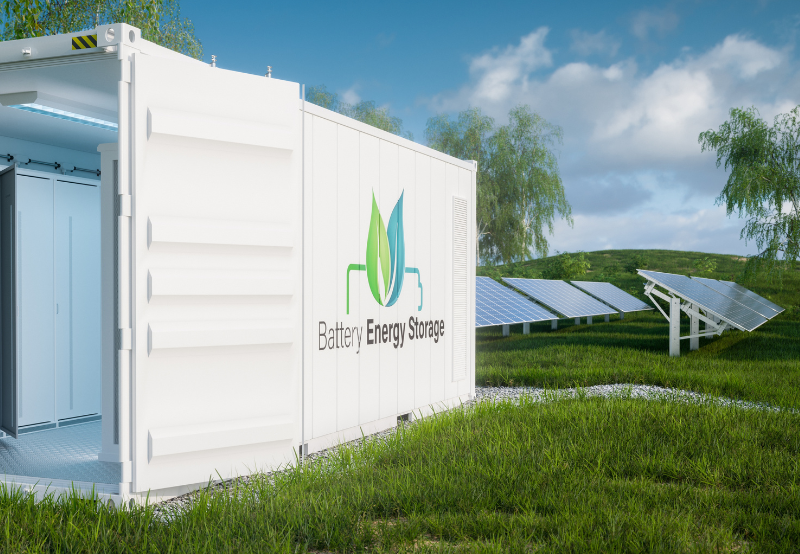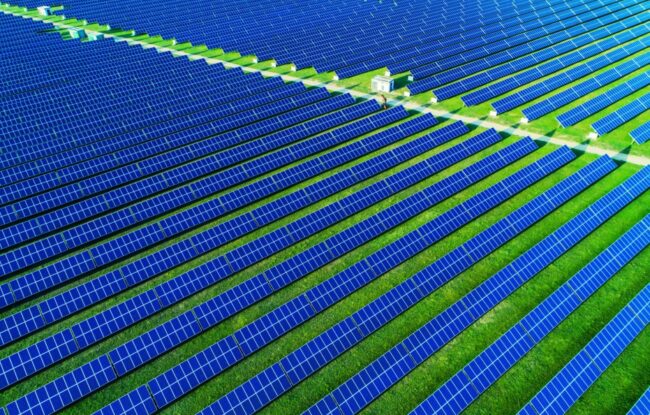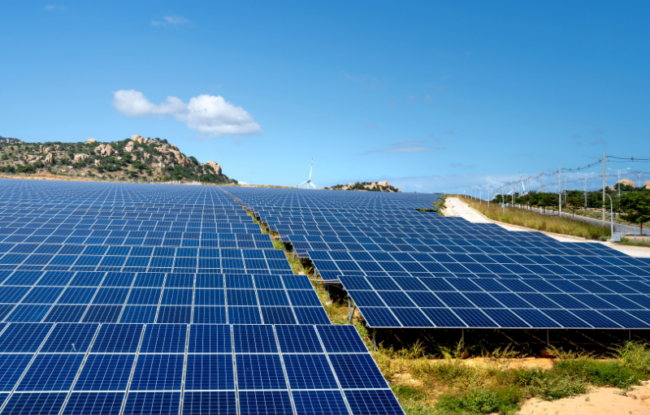Cero Generation, a solar and energy storage project developer and independent portfolio company of Macquarie’s Green Investment Group, along with its development partner Enso Energy, announced the financial closing of £200 million (~$269.21 million) for a portfolio of solar and battery storage projects in the U.K.
The financing was provided by a consortium of lenders, including ING, NordLB, Rabobank, and Santander UK. The financing package includes an accordion facility to accommodate future projects within the pipeline.
The portfolio comprises the 115 MW Bramley solar project with co-located storage systems and two other projects totaling 245 MW of solar and battery storage capacity. Construction of the Bramley project is expected to commence in autumn 2025.
LONGi is supplying solar modules, and Sungrow is delivering battery energy storage systems for the project.
Metlen is responsible for engineering, procurement, and construction services, with Omexom as the grid works contractor. EDF will provide optimization for the battery and route-to-market services for the solar photovoltaics.
Dentons acted as the legal counsel for the consortium of lenders, while CMS advised Cero on the transaction.
Bill Rees, Managing Director at Enso Energy, said, “The U.K. urgently needs flexible, clean energy infrastructure, and this portfolio, totaling 360 MW of co-located solar and storage, represents a major step forward. It’s exciting for us at Enso Energy to see these sites that we developed reach this important milestone. It shows what’s possible when you combine deep development expertise with a shared commitment to sustainability, community benefit, and technical ambition.”
Last August, the company announced the financial closure of five solar projects totaling 244.7 MW in Spain. The five utility-scale projects have signed a 10-year power purchase agreement with an international technology company.
According to Mercom’s recently released 1H and Q2 2025 Solar Funding and M&A report, large-scale project funding increased by 65% in the first half of 2025 compared to the same period in 2024.




